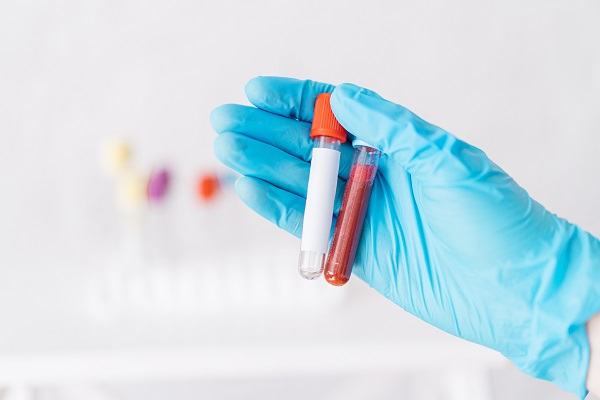When to Seek Blood Clot Treatment

Blood clot treatment may sound intimidating, but ultimately it can be quite helpful when it comes to restoring one's health. Blood clots can form for various reasons, and sometimes, they are hard to detect. Becoming familiar with what to look out for can equip patients with the knowledge of when blood clot treatment is necessary. Continue reading to find out more.
A guide to seeking blood clot treatment
The following information highlights when to seek blood clot treatment. Review this guide when facing concerns about blood clots as it can help patients know when to seek help.
Symptoms and warning signs
Cardiologists recommend being aware of the warning signs and symptoms that might indicate the need for blood clot treatment. Outlined below are some of the things to be aware of:
Heart and lungs: The most common time that blood clot treatment is necessary is when one forms in the heart or lungs, both of which can be extremely detrimental to the overall health of the body. When it comes to the heart, the symptoms are similar to that of a heart attack. When there is a blood clot in the lungs, one will have chest pain and difficulty breathing. Both are indicators that blood clot treatment is necessary immediately.
Arms or legs: Individuals who are overweight may experience blood clots in their legs or arms. The warning signs include pain, redness, and swelling, all of which should be immediately reported to a cardiologist who will likely perform the appropriate treatment.
Brain: When a blood clot forms in the brain, the medical term is a stroke. Some people suffer serious strokes, which are very apparent and indicate an immediate need for treatment. However, some experience very minor strokes in which the only symptom is loss of feeling or a change in vision. Nonetheless, blood clot treatment is likely necessary.
Pre-existing conditions
Individuals who have pre-existing conditions relating to issues with the veins or arteries are more likely to be educated on blood clots and when to seek treatment. In these cases when pre-existing conditions are already present, the patient may already be familiar with the warning signs and when to visit a cardiologist for treatment.
Those who do not have pre-existing conditions but are not in optimal health should become educated on blood clots and when treatment is necessary. For example, individuals who have cancer or are pregnant are at a higher risk of developing blood clots. Additionally, those who are obese or smoke cigarettes are also more likely to need blood clot treatment due to the high risk they face.
Find out more from a cardiologist
Those who have unanswered questions or concerns about blood coots and the treatment process should consult with a cardiologist. Because each person is different, there may be varying warning signs or things to keep an eye out for. The cardiologist can perform a thorough evaluation to determine what to be aware of. To learn more or to get scheduled for a consultation appointment, reach out today. We're happy to help!
Request an appointment here: https://visoc.org or call Vascular & Interventional Specialists of Orange County at (714) 598-1194 for an appointment in our Orange office.
Check out what others are saying about our services on Yelp: Blood Clot Treatment in Orange, CA.
Related Posts
Leg swelling is a common symptom that can range from mild to severe and has many causes. Sometimes, the cause is temporary and of mild to moderate concern, but leg swelling may point to a more serious health condition in other cases. Learning more about leg swelling helps people know when to seek help from…
Hemorrhoid treatment options vary depending on severity and symptoms. There are many effective ways to manage hemorrhoids, such as through lifestyle changes, over-the-counter remedies, or more advanced medical procedures. Finding the right treatment can make a significant difference in achieving lasting relief.Hemorrhoids are swollen veins located in or around the anus and rectum, with internal…
Most uterine fibroids are noncancerous, and many patients do not realize they have them. This often leaves patients confused about what could have caused their fibroids, while they also wonder what exactly fibroids are. An OB/GYN can provide clarification on a patient’s unique condition. However, in the meantime, an overview may help.Fibroids are muscular tumors…
Curious about what varicose vein treatment from a cardiologist entails? Read on to learn more. Varicose vein treatment can significantly improve your appearance as well as your life. Varicose veins are enlarged, ropey veins that typically appear on the legs and feet. These oversized veins can often cause swelling, fatigue, and pain. They can also…
